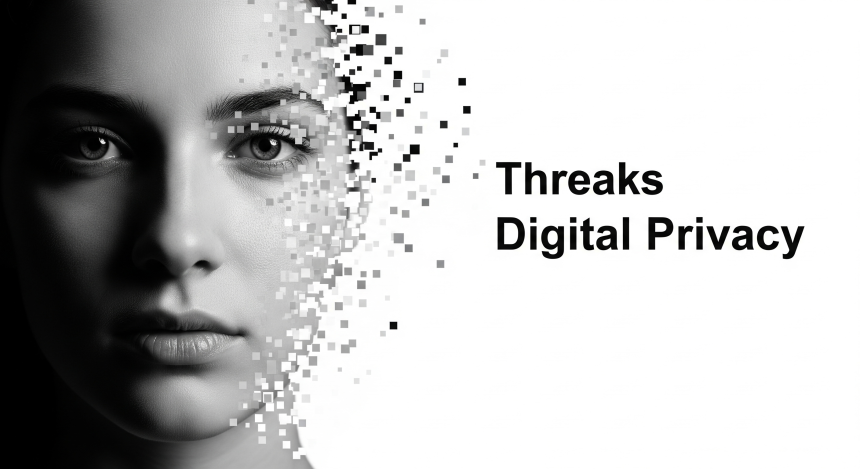In an era where the boundaries between public persona and private life are increasingly blurred, the case of Emily Cocea stands as a potent reminder of the fragile nature of digital privacy. A rising figure known for her striking visuals and growing social media presence, Emily found herself involuntarily thrust into the spotlight—not for her talents or creativity, but due to the unauthorized sharing of intimate content.
The Digital Age Dilemma
We live in a hyperconnected world. With a single tap, images and stories can travel the globe, instantly reshaping public perception. For creators, influencers, and even everyday individuals, this offers immense power—but also vulnerability. Emily Cocea, like many before her, discovered how quickly private content can become public spectacle, often without consent or context.
More Than a “Leak”
Describing such incidents merely as “leaks” downplays the gravity of what has occurred. These are not just digital mishaps—they are violations. The sharing of explicit or intimate content without permission is not only unethical, it’s a breach of trust, safety, and autonomy. Emily’s experience is emblematic of a broader issue: how society treats the digital lives of women, particularly those in the public eye.
Who Is Emily Cocea?
Emily Cocea has carved out a space for herself in the digital world through a mix of modeling, lifestyle content, and social influence. With a unique aesthetic and an engaged following, she was gaining momentum for all the right reasons. But as is too often the case, her personal privacy became fair game for clickbait headlines and viral shares.
Public Curiosity vs. Personal Rights
The internet has a short memory but a wide reach. While public curiosity may be insatiable, it often overlooks the human element. Behind the screens, behind the viral content, is a real person navigating real emotions—shock, betrayal, and perhaps even shame. Emily’s situation opens a critical conversation about empathy, digital ethics, and the need for stronger protections for content creators.
Reclaiming the Narrative
Rather than shrinking in the face of invasion, many individuals, like Emily, are choosing to speak out and reclaim their stories. Whether through public statements, legal action, or silent resilience, the act of reclaiming control becomes a form of empowerment. The experience may be scarring, but it also lays the groundwork for change—not just for one person, but for an entire online culture.
Moving Forward
Emily Cocea’s story isn’t unique—but it is important. It reminds us that privacy in the digital age is not a luxury, but a right worth defending. As followers, consumers, and participants in online culture, we bear a shared responsibility: to respect boundaries, to avoid sensationalism, and to remember that behind every viral image is a human being.







